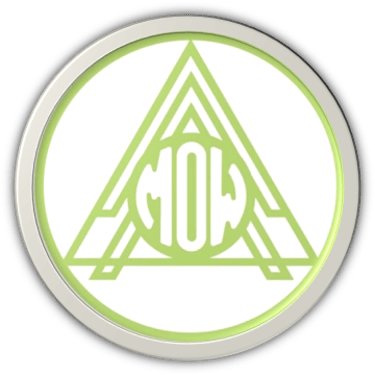Scroll down to see:
NEWS
Coming events
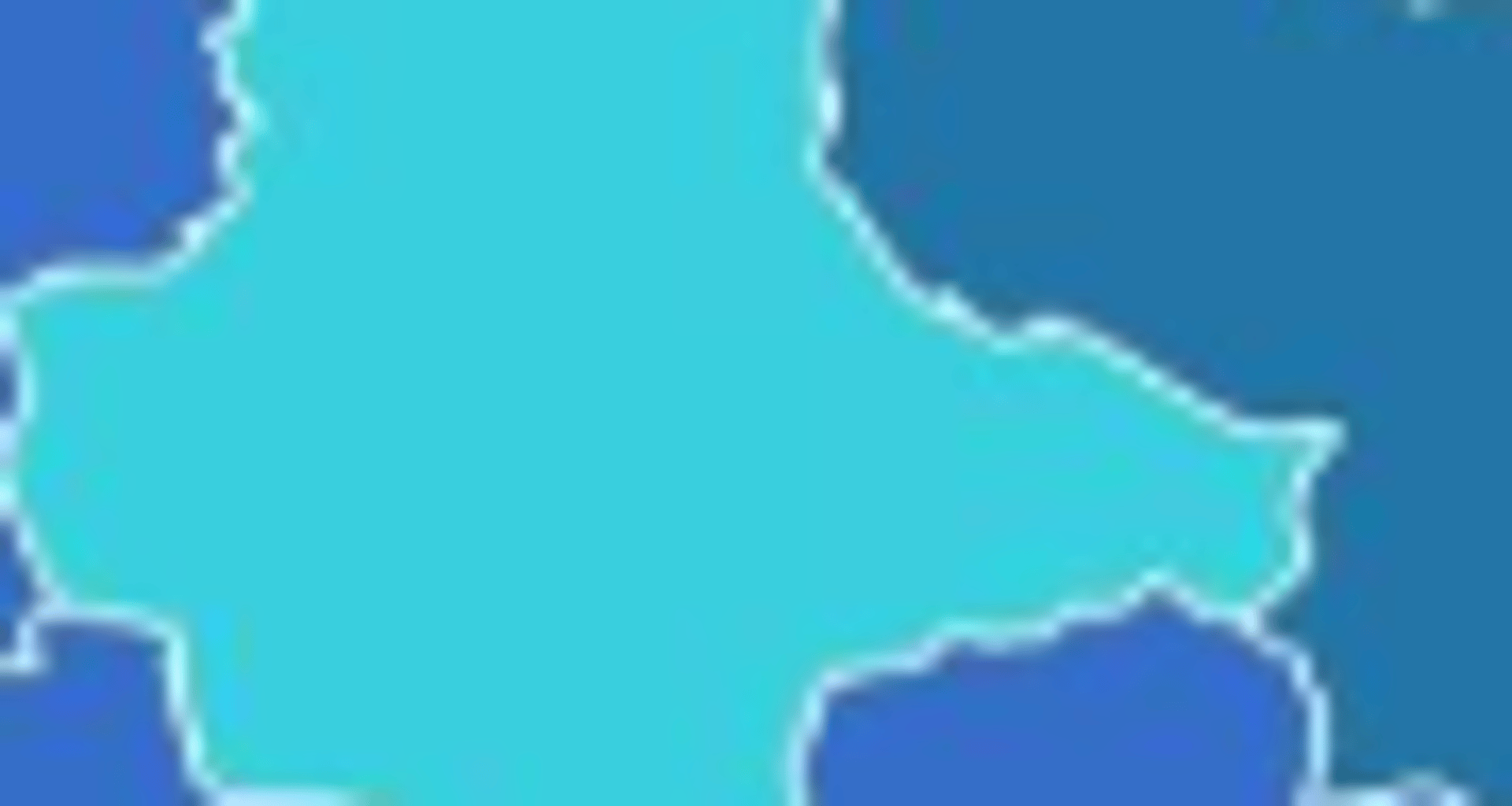
I am an occupational therapist with a BSc in Occupational Therapy from the Netherlands, a Professional Systemic Coach qualification from Germany, and I’m currently studying for an MSc in Health Psychology and Prevention. In 2016, I founded The www.empowerment-project.de to support healthcare and education professionals through coaching and themed events that promote a more humane and just future.
In my work with children and families, I collaborate within interprofessional teams, which has helped me develop a multi-perspective understanding and deepen my awareness of team dynamics. I first came across the Model of Occupational Wholeness (MOW) in 2017 through an article in Ergoscience. Its integrative approach—blending reality-based therapy, cognitive behavioural therapy, and spiritual and holistic elements—deeply resonated with me.
What I value most about the MOW is how it brings to life the dynamic interplay between Doing, Being, Belonging, and Becoming, using visual tools like the Actual, Ideal, and Tailored Triangles. I appreciate how it invites people to explore their narratives and facilitates change through interactive dialogue. It challenges me to stay self-aware and reflective in my own practice so I can support my clients in doing the same.
I’ve used the MOW in various settings—both with children, like Hannah (whose story is included in Chapters 6 and 9 of the MOW book), and with adults in coaching sessions. I’ve found it to be a powerful tool for helping people reflect on their lives, identify disharmonies between their actions and their needs, and become more aware of the contextual factors influencing their choices. Most importantly, I’ve seen how the MOW can empower people to reconnect with their autonomy, competencies, and sense of wholeness—even during times of uncertainty or dissatisfaction.
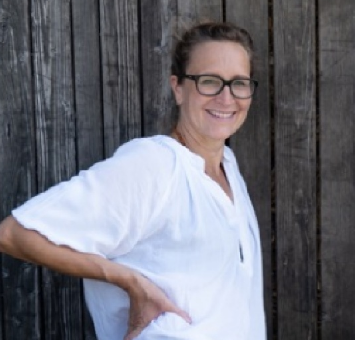

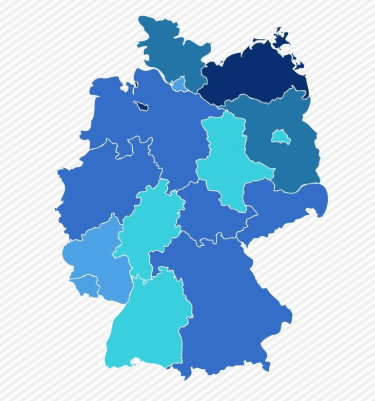

The MOW Lead in Germany
Sarah Kufner
I hold a BSc in Health Occupational Therapy from the Netherlands and an MSc in Occupational Therapy. Since 2003, I have worked in both the Netherlands and Germany, primarily with children and their caregivers. My professional background also includes experience in early intervention, curative day care centres, orphanages, and community-oriented projects.
In addition to my clinical work, I have trained in coaching and now work as a trainer. Since 2012, I have been an occupational therapy lecturer in Germany, where my role includes teaching, curriculum development, and providing practical tutoring and mentoring for prospective occupational therapists.
I am grateful to be part of The Empowerment Project, launched by Sarah Kufner. When I attended the MOW (Model of Doing/Not Doing) workshop, I found its perspective on Doing and Not Doing particularly compelling. I now integrate the MOW into my work with clients and their families, as well as in team and organisational contexts. The MOW Triangles provide an enabling framework for reflection, helping people—including myself—explore their assumptions, thinking, and actions.
I have used the MOW in school settings with teenagers and their families, and within my own educational organisation to identify and resolve team-related challenges that had been causing dissatisfaction. My application of the MOW in non-health-related settings is described in more detail in Chapter 10 of this volume.
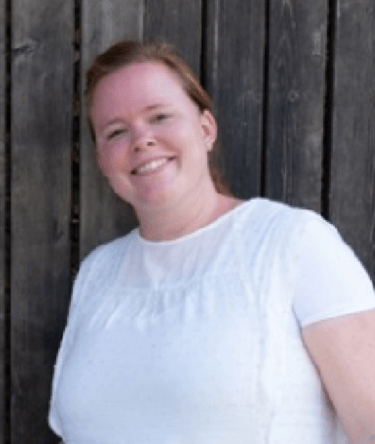

The MOW mentor and co lead
Nadine Scholz-Schwärzler
